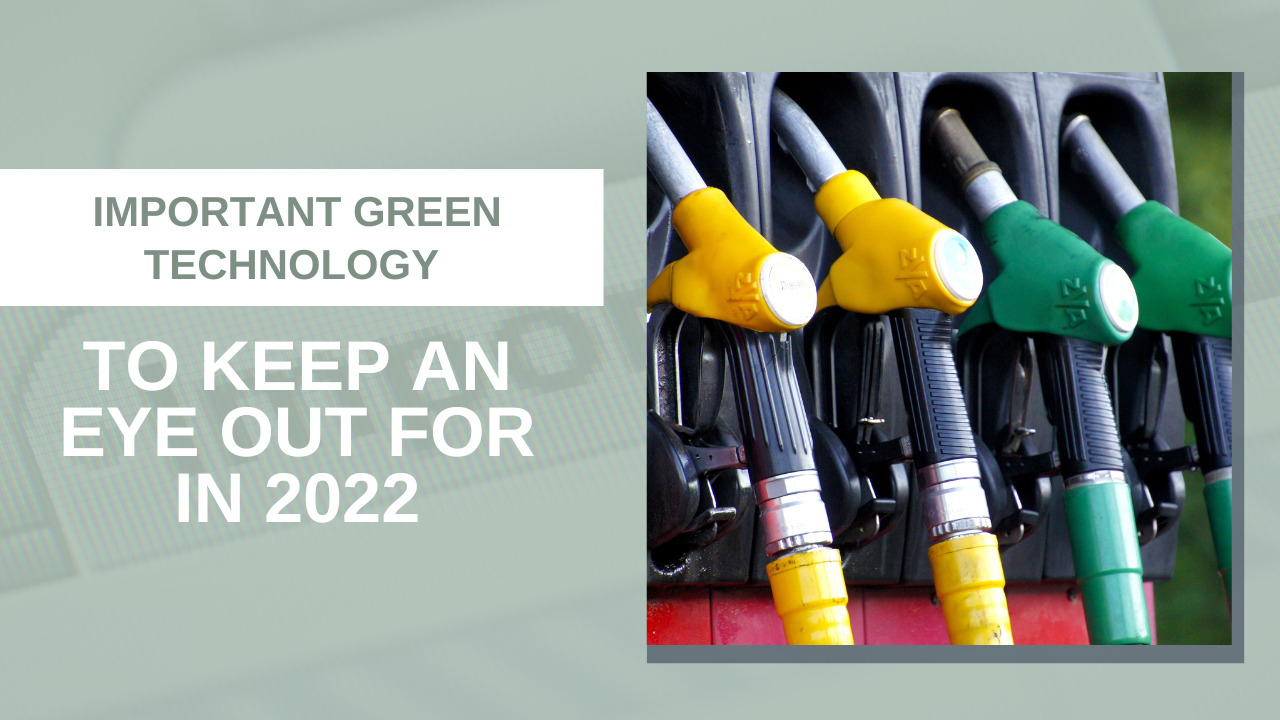Amidst rapidly increasing fuel and energy prices (and widespread efforts to lower collective carbon footprints and counteract climate change), green technology is more important than ever.
2022 has been a benchmark year for green tech, as more businesses and individuals make use of sustainable methods and move away from fossil fuel reliance – but which technology are we likely to see more of this year?
Table of Contents
Electric cars
Although the first electric vehicles were invented back in the late 1800s, it is only in the past 5 years that EVs have really come to prominence as a cost-effective alternative to petrol-powered motors.
In what has been dubbed as the ‘electric car revolution’, more UK-based motorists than ever are making the switch, whether buying, leasing or using a PCP finance scheme.
While EVs remain considerably more expensive to purchase than traditional cars, they can be significantly cheaper to maintain and keep on the roads.
Air source heat pumps
Air source heat pumps are green central heating units that can be significantly more cost-effective than systems powered by coal, oil, LPG or electric storage heaters. Air source heat pumps work by absorbing heat from outside air, which is compressed as a liquid and then condensed to deliver stored hot water and underfloor heating.
We’re likely to see a lot more of these in the coming years, as the UK government is recruiting trainees to fit and install air source heat pumps in more homes in order to hit carbon emission targets.
Solar panels
Solar power has been cited as a leading source of clean energy as the UK moves away from fossil fuels.
As well as reducing the harmful effects of burning coal and gas, solar panels in the home can significantly reduce or eliminate energy bills, extend the life of your roof space and boost resale value. You could even earn tax credits and rebates by installing solar panels in your home.
Plant-based packaging
With our seas and sewers overloaded with plastic to such an extent that micro-plastics have found their way into fish populations, the increasing use of plant-based packaging is a necessary and welcome change.
Materials most commonly used for plant-based packaging in the UK include polyethylene furanoate (PEF), a plant-based polyester derived from bio-based food stocks such as sugar cane, wheat and corn.
Although widespread use of plant-based plastics would require changes in global land use, it is expected that resources such as straw may reduce carbon output in the near future.





